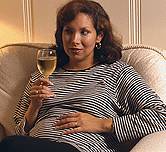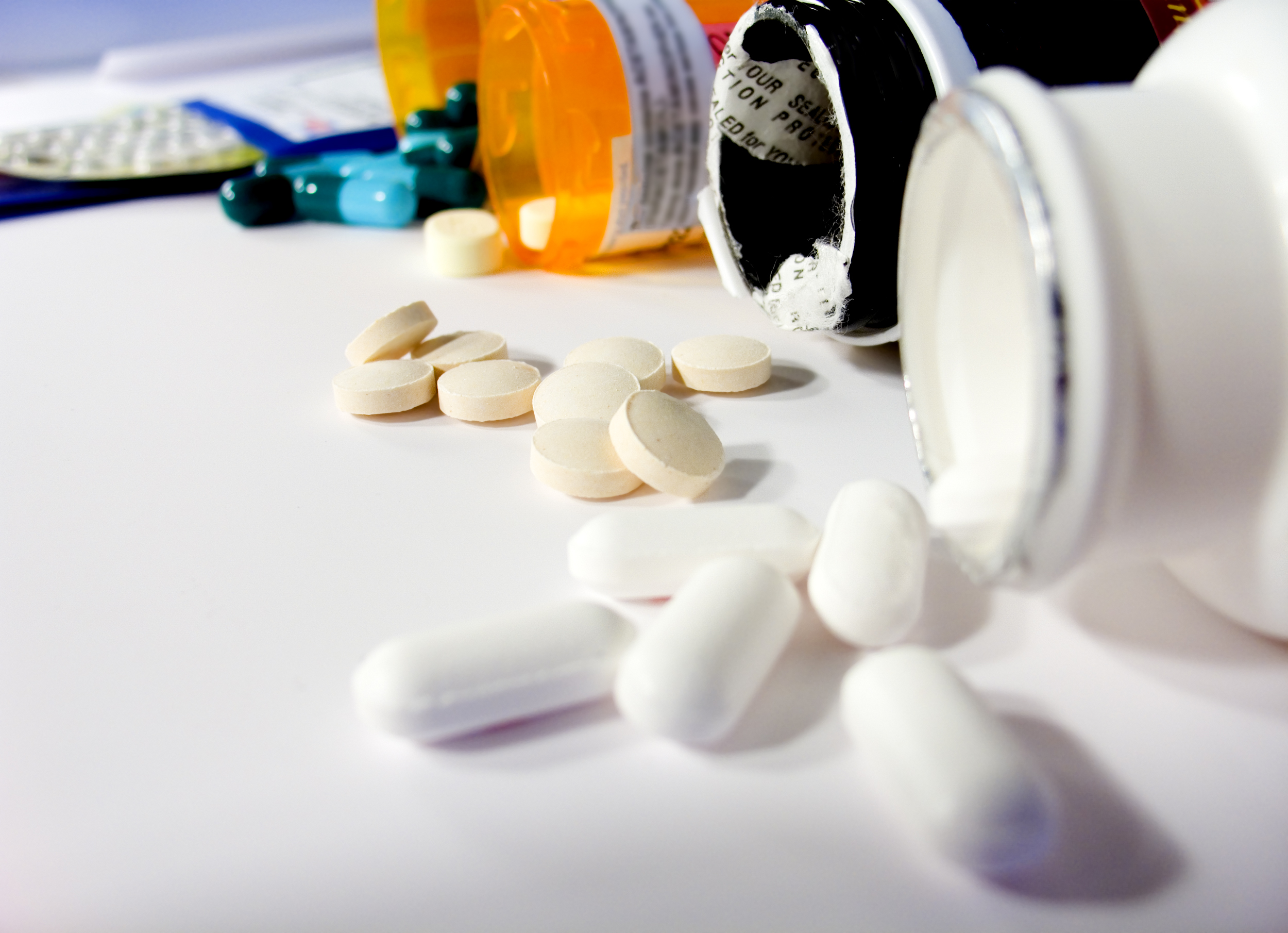
THURSDAY, July 19 (HealthDay News) — Drinking among pregnant women in the United States remains an important public health issue, with almost 8 percent of expectant mothers reporting alcohol use, a new study reveals.
Researchers analyzed national data from 2006 to 2010 on nearly 14,000 pregnant women and more than 330,000 non-pregnant women, aged 18 to 44. They found that about 7.6 percent of pregnant women — one in 13 — said they drank alcohol within the past month. The rate of drinking among non-pregnant women was 51.5 percent.
The highest rates of alcohol use among pregnant women occurred in those who were: aged 35 to 44 (14.3 percent); college graduates (10 percent); employed (9.6 percent); or white (8.3 percent).
The study was led by Claire Marchetta of the National Center on Birth Defects and Developmental Disabilities, part of the U.S. Centers for Disease Control and Prevention (CDC). Her team also found that 1.4 percent of pregnant women reported binge drinking. The average frequency and intensity of binge drinking was similar among pregnant and non-pregnant women who were binge drinkers — about three times per month and six drinks on each occasion.
Lower levels of education were associated with an increased frequency and intensity of binge drinking among all women. On average, women with a high school education or less reported binge drinking 3.4 times a month and having 6.4 drinks per occasion, compared with 2.5 times per month and 5.4 drinks per occasion for college graduates.
Levels of binge drinking frequency and intensity were higher among unmarried women (3.3 times per month and 6.4 drinks per occasion) than among married women (2.6 times per month and 5.4 drinks per occasion).
The researchers noted that women who binge drink before pregnancy are more likely than non-binge drinkers to continue drinking during pregnancy.
The study appears in the July 20 issue of the CDC’s journal Morbidity and Mortality Weekly Report.
There is no safe level of alcohol use during pregnancy, and alcohol use during pregnancy is the leading preventable cause of birth defects and developmental disabilities, the authors of the report noted. Drinking alcohol during pregnancy can lead to fetal alcohol syndrome and other fetal alcohol spectrum disorders, which result in neurological problems and lifelong disabilities in children.
The study authors said pregnant and non-pregnant women of childbearing age who misuse alcohol might benefit from public health interventions such as increased alcohol taxes and limiting the number of alcohol outlets in neighborhoods.
Such efforts might help to achieve the Healthy People 2020 goals of 98.3 percent abstinence from any alcohol use and 100 percent abstinence from binge drinking among pregnant females aged 15 to 44, the researchers suggested.
More information
The March of Dimes has more about the dangers of drinking during pregnancy.

